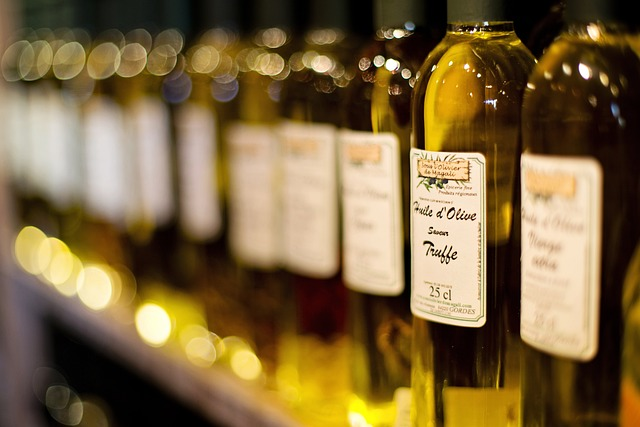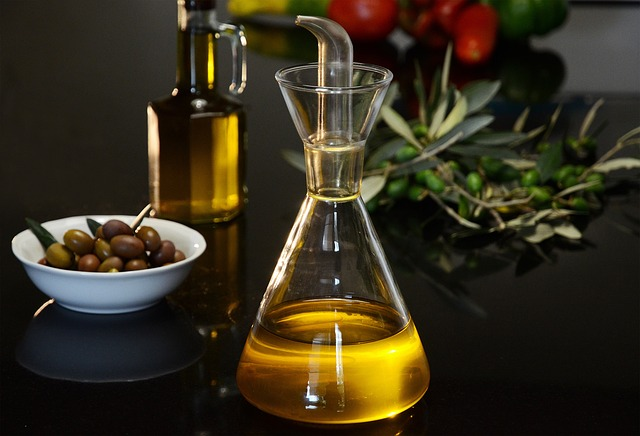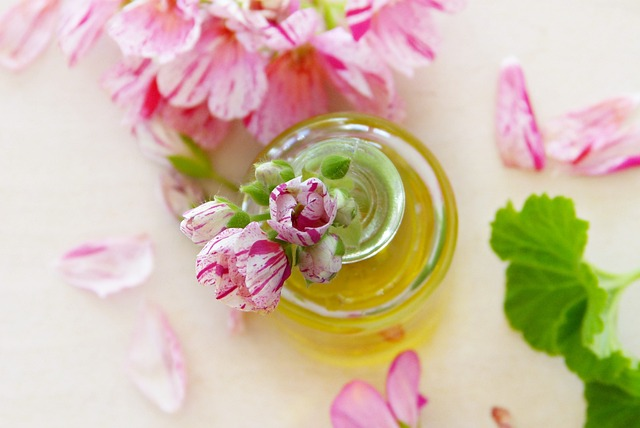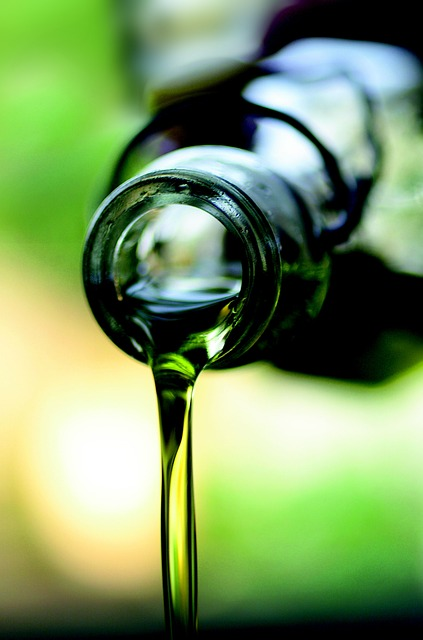Have you ever wondered why the healthy Mediterranean diet always includes olive oil? It's not just a cooking staple - olive oil has been used for medicinal purposes since ancient times. In fact, the Ancient Greeks knew quite a bit about the health benefits of this miracle elixir. From treating wounds to improving digestion, olive oil was used to keep the mind and body functioning at its best. While modern science has only begun to understand the full extent of olive oil's health benefits, it's clear that the Ancient Greeks were on to something.
Today we know that olive oil is rich in healthy fats and antioxidants, making it the perfect addition to any diet. Whether you're cooking up a storm or simply drizzling it over your salads, there's no denying that olive oil is one of the most versatile ingredients around. So why not explore its history, and discover how this nutrient-packed liquid has shaped cultures around the globe? The journey is well worth it!
What is the History of Olive Oil?
Olive oil has been a staple in the Mediterranean diet for centuries, with its earliest production dating back to ancient Greece. The ancient Greeks were the first to cultivate olives and press the fruit to extract its oil. This was no easy task, as it was a labor-intensive process that often required large presses and the help of multiple people. The olive tree was seen as a symbol of peace and strength in ancient Greece, and its oil was used not only for cooking, but also for religious ceremonies, medicinal treatments, and even to anoint athletes during the Olympic Games.

Olive oil was highly esteemed by the ancient Greeks, who recognized its many benefits. Rich in monounsaturated fatty acids, olive oil is considered one of the healthiest cooking oils and was often used to replace butter. It was also praised for its anti-inflammatory properties and was used to treat skin conditions and infections. Ancient Greeks also believed that olive oil could enhance physical and mental strength, which is why it was used to anoint athletes before the Olympic Games.
Olive oil continued to play a central role in the Mediterranean diet for centuries, eventually making its way to the rest of the world. Today, olive oil is still widely used in cooking, and its many health benefits are well recognized. It is a staple of the Mediterranean diet and is celebrated for its rich flavor and versatility.
The health benefits of olive oil have been known for centuries

The olive tree is an ancient symbol of health and good fortune and, as it turns out, the benefits of its fruit - olive oil - have been known for centuries. Studies show that olive oil has loads of health benefits, including protecting heart health and reducing inflammation. In addition to its numerous nutritional benefits, olive oil is versatile in the kitchen and is great for everything from sautéing vegetables to using as a finishing drizzle over meals. It really is a superfood powerhouse, so get cooking with this popular pantry staple!
What are the Different Kinds of Olive Oils?
Olive oil is a versatile and popular kitchen staple that is made from the fruit of the olive tree. It is a type of vegetable oil that is widely used in cooking and baking. There are several different types of olive oil, ranging from extra-virgin to light and infused varieties.

Extra-virgin olive oil
Extra-virgin olive oil is a type of olive oil that is made from the first pressing of the olives. It is the highest quality olive oil available and is known for its distinctive taste, aroma, and bright green color. It is also the least processed of the different types of olive oil, meaning it retains more of its natural health benefits. Extra-virgin olive oil is best used as a finishing oil and is great for drizzling on salads, vegetables, and pasta dishes.
Pure olive oil
Pure olive oil is a type of olive oil that is made by blending refined and virgin olive oil. The refining process removes any impurities or off-flavors, while retaining the beneficial antioxidants, vitamins, and fatty acids. Pure olive oil has a mild flavor and is suitable for high-heat cooking, baking, and deep-frying. It is also a healthier option than many other types of cooking oils, making it a great choice for those looking to reduce their intake of saturated fats.
Light olive oil
Light olive oil is a type of olive oil made from refined olive oil. It has a lighter flavor and color than traditional extra-virgin olive oil and a higher smoke point, making it suitable for cooking at higher temperatures. It is also lower in calories than other types of olive oil and has a neutral taste, making it a good choice for baking or sautéing. Light olive oil is a good way to get the health benefits of olive oil without the strong flavor of extra-virgin olive oil.
Pomace olive oil
Pomace olive oil is a type of olive oil made from the pulp of the olive fruit. It is usually made by extracting the oil from the pomace using a process of heat and chemical treatments. It has a lower smoke point than other types of olive oil, so it is not suitable for high-heat cooking. This oil is usually used for dressings, marinades, and sauces. It is also often used as an ingredient in soaps and cosmetics. Pomace olive oil is a great choice for people who are looking for a cheaper alternative to the more expensive extra-virgin olive oil.
Infused olive oil
Infused olive oil is a type of olive oil that has been infused with herbs, spices, or other flavors. The infusion process involves adding the desired flavorings to the oil, allowing them to steep for a period of time, and then filtering the oil to remove any solids. Infused olive oil can add a unique flavor to dishes and can be used in a variety of dishes, including salad dressings, marinades, and sauces. It can also be used as a substitute for other types of cooking oils.
Organic olive oil
Organic olive oil is a type of olive oil made from olives grown without the use of synthetic fertilizers, pesticides, or other chemicals. It is produced using sustainable farming methods and is certified organic by an accredited agency. Organic olive oil has a rich flavor and is high in beneficial antioxidants and fatty acids. It is an excellent source of monounsaturated fat, which can help reduce cholesterol levels and improve heart health. Organic olive oil can be used in a variety of dishes, including salads, sauces, and marinades.
Cold-pressed olive oil
Cold-pressed olive oil is a type of olive oil made by pressing olives without the use of heat or chemicals. This process preserves the natural flavor, aroma, and nutritional value of the olives. Cold-pressed olive oil is considered to be the highest quality and most flavorful of all the types of olive oil, making it a popular choice for cooking and baking. It is also a popular choice for salads, as it gives dishes a rich, flavorful taste.
No matter what type of olive oil you choose, it is sure to add flavor and richness to your dishes. Each variety of olive oil has its own unique flavor and properties, so it is important to select the variety that will best suit your needs.
Is Olive oil a natural source of antioxidants?

Olive oil is an amazing superfood that you should make a part of your diet today! Packed full of oleic acid, olive oil has been shown to reduce cholesterol and contribute to cardiovascular health. The Mediterranean diet – now famous for its potentially life-saving properties – uses olive oil as a primary ingredient. It's no wonder that studies have found olive oil can reduce the risk of heart disease and some forms of cancer! Even better, the antioxidants in olive oil make it versatile enough to be used topically on skin as well as ingested. Put simply, olive oil is a "miracle worker" in your kitchen!
Does Olive Oil Help Improve Skin Health and Reduce Inflammation?

In addition to adding extra flavor to your favorite dishes, extra virgin olive oil is packed with nutrition and fatty acids that can significantly benefit your skin health. Oliec acid found in extra virgin olive oil hydrates and soothes the skin while reducing inflammation to create a smoother complexion. Research suggests extra virgin olive oil may even help reduce wrinkles due to its natural anti-inflammatory properties. Including extra virgin olive oil as a part of your daily routine is an amazing way to nourish your skin and improve overall health.
Olive oil is a great topical solution for many skin issues. It has natural skin-nourishing properties, including antioxidants, vitamins, and essential fatty acids, which help to soothe and nourish the skin. It can help reduce the appearance of wrinkles and age spots, as well as provide relief from dryness and itching. Olive oil can also help protect the skin from the sun's damaging UV rays, and it can be used to remove makeup, too. With its many benefits, it's no wonder why it is a popular choice for skin care!
Even celebrities like Jennifer Lopez are fans of olive oil. She uses it as a daily moisturizer and as a part of her skin care routine. She says it helps to keep her skin hydrated and make her complexion look brighter and smoother. She also uses it to remove makeup, as a massage oil, and even as a hair treatment. She explains that it is a natural ingredient that has many benefits for the skin. She also loves its smell and the fact that it is affordable and readily available. Make sure to use extra virgin olive oil!
Does Olive Oil Add Healthy Fats to Meals?

There are so many benefits to using olive oil in your cooking! Not only does it add delicious flavor, but it is also packed with healthy fats like monounsaturated fat that support overall health. Plus, olive oil is extremely versatile - you can use it in salad dressings, marinades and sauces, roast vegetables, or even drizzle a bit of olive oil over finished dishes to give it the extra oomph! This timeless pantry staple is definitely worth having on hand – no home kitchen should be without olive oil!
Why Are Cold-Pressed and Unrefined Extra Virgin Olive Oils the Best?

Shopping for extra virgin olive oil can be a great way to get the most out of your cooking. Extra virgin olive oil is usually cold-pressed and unrefined which allows it to hold onto its full flavor, vitamins, minerals, and antioxidants. It's versatile enough to use in dressings, marinades, or simply drizzled over cooked food. Plus, it can be much tastier and healthier than alternative oils! With extra virgin olive oil frequently appearing in Mediterranean cuisine, you're sure to add some extra zest and flavor to your meals.
Olive oil has been heralded for its health benefits for centuries, and modern science has confirmed that this natural product can offer some impressive health advantages. Olive oil is a good source of antioxidants and can help protect against heart disease and cancer. Additionally, olive oil improve skin health and reduce inflammation. You can use olive oil in cooking to add flavor and healthy fats to your diet. When buying olive oil, look for extra virgin varieties that are cold-pressed and unrefined. Do you use olive oil in your kitchen? Let me know in the comments!

Comments
Post a Comment